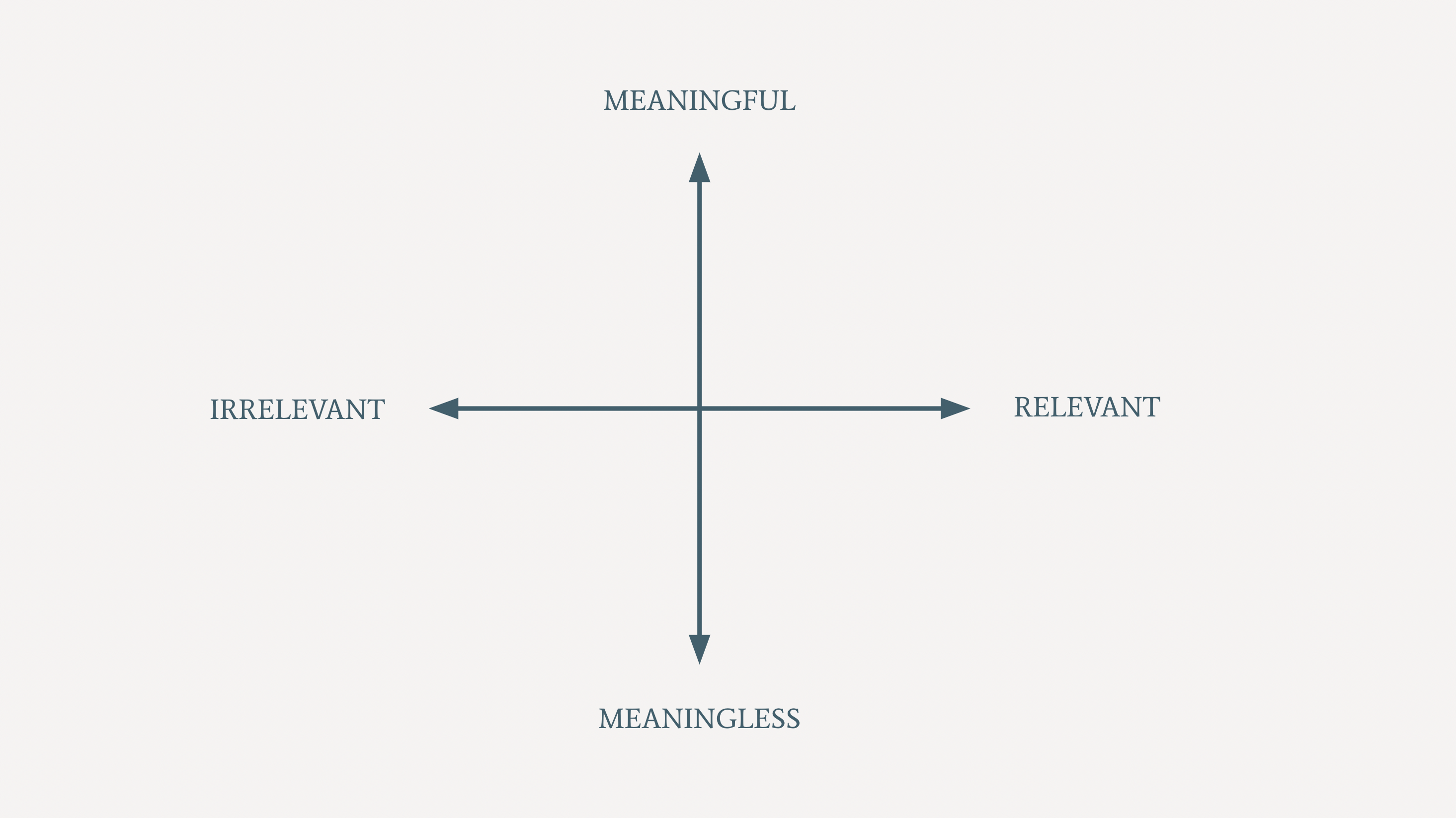The illusion of productivity

🌈 Abstract
The article discusses the human tendency to stay busy and avoid idleness, even when the tasks are meaningless. It explores the psychological reasons behind this behavior and provides a framework to audit one's busyness and reclaim time for more meaningful activities.
🙋 Q&A
[01] The Need to Keep Busy
1. What did the research study about busyness and idleness find?
- The study found that people tend to choose the "busy" option, even if it is a meaningless task, as long as they have a justification for it. When participants were told they would get a different type of chocolate reward for the two options, 59% chose the "busy" option, compared to only 32% when the reward was the same.
- The researchers concluded that "many purported goals that people pursue may be merely justifications to keep themselves busy."
2. How does being "crazy busy" act as a numbing strategy?
- Being "crazy busy" allows people to avoid facing the truth of their lives and the discomfort of being alone with their thoughts. It is a way to fill time with activities rather than taking the risk of introspection.
- Society often views idleness or having too much free time as a sign of laziness, further encouraging this behavior.
[02] Busyness and the Illusion of Being Productive
1. How does being busy not necessarily equate to being productive?
- Being distracted by things like email notifications or social media can give the illusion of being busy, but it actually takes longer to complete tasks and disrupts one's state of flow.
- Feeling constantly busy can also prevent pure creative thinking, as the mind is occupied with external stimuli rather than focused internal reflection.
2. What is the "Busyness Matrix" and how can it help break free from busyness?
- The Busyness Matrix categorizes tasks and activities based on their relevance and meaningfulness, allowing one to identify and reduce irrelevant/meaningless tasks, delegate relevant/meaningless tasks, and make space for relevant/meaningful activities.
- The article suggests starting with eliminating irrelevant/meaningless tasks and gradually working towards prioritizing relevant/meaningful ones.
[03] Getting Off the Hamster Wheel
1. What are some simple changes one can implement to break the addiction to busyness?
- Change your perspective by replacing "I don't have time" with "It's not a priority."
- Focus on outcomes rather than just completing tasks.
- Learn to say no to new commitments that are not aligned with your priorities.
- Schedule dedicated downtime to get comfortable with inaction and reflect.
Shared by Daniel Chen ·
© 2024 NewMotor Inc.